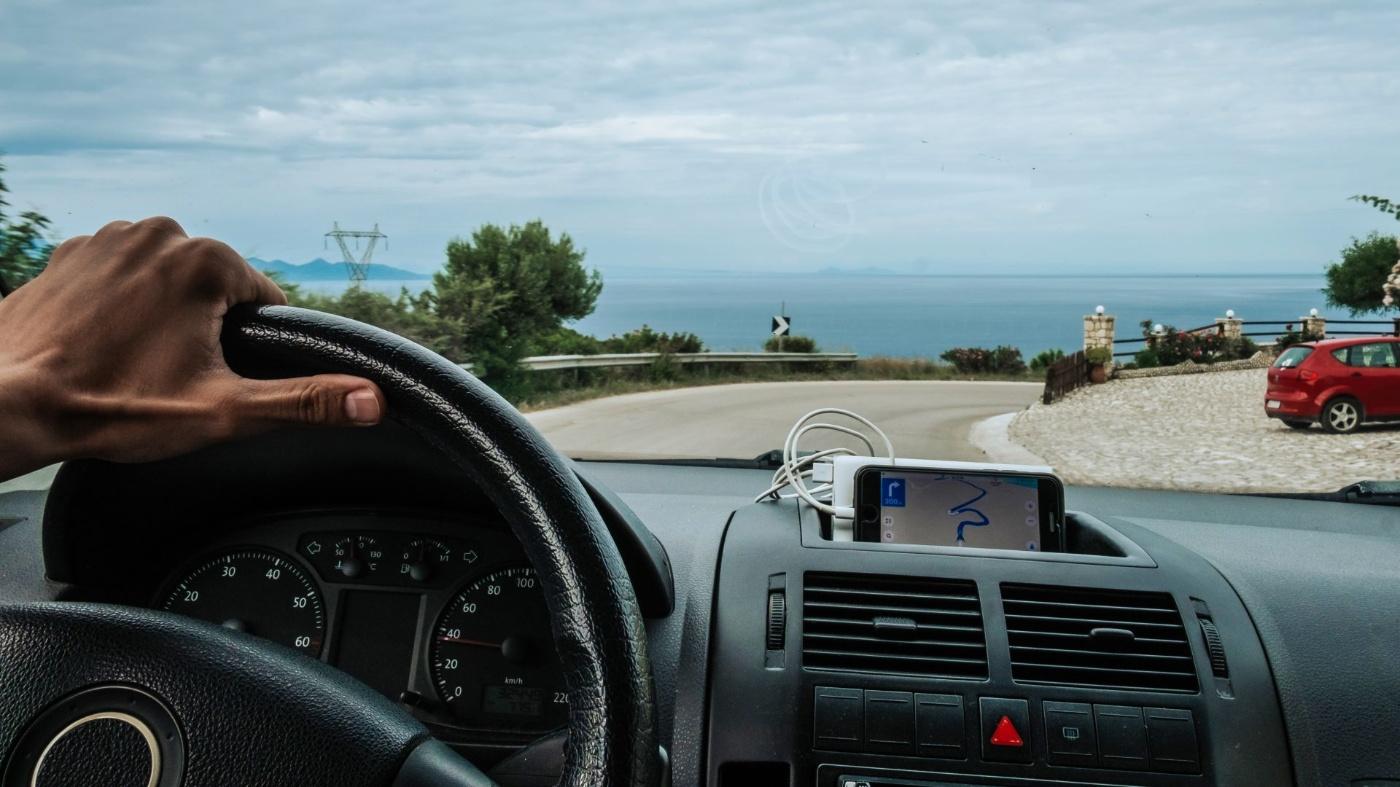
Departments
Standardization, Standards and Regulations
The department Standardization, Standards and Regulations is coordinating the standardization work inside VDA and is also hosting the Standards Committee Automotive at DIN.
The department Standardization, Standards and Regulations is coordinating the standardization work inside VDA and is also hosting the Standards Committee Automotive at DIN.
What the department deals with
Technical rules, norms and standards form an essential basis for product development. At the beginning of any development work is the question of which standards for safety, environmental protection and usability must be met. In addition to these fundamental requirements, standards also describe the state of the art. Standards define fundamental requirements for quality, safety, help to reduce costs and enable interoperability and compatibility.
Modern and innovative companies therefore ensure that they can influence the content by actively participating in the creation of technical rules and standards. This is associated with early information about important requirements. Compliance with future standards is thus ensured per se for the company's own products and promotes their acceptance on the market. The Standardization and Regulations department organizes and supports the creation of standards in the automotive sector. At the same time, it forms the platform for direct participation in European (CEN) and international standardization work (ISO) for the VDA as the sponsor of the Automotive Standards Committee at DIN (NAAutomobil).
Why is this topic important for the VDA and its members?
Standardization is a central cross-cutting issue that affects all areas of the automotive industry, including specifications in the fields of automotive engineering, material requirements, quality, management, logistics, production and administration. It also includes the strategic positioning of the industry.
How important will this topic be in the future?
- Standardization contributes to efficiency and cost savings and supports the introduction of new technologies
- Standardization supports the relationship between manufacturers and suppliers
- Standardization supports national, European and international market penetration
- Definition of interfaces enables cross-sectoral cooperation between industries (e.g. electrical industry and automotive industry)
- European Commission increasingly implements rules and regulations in Europe via mandated standardization
- Cross-industry opinion-forming and positioning is promoted via "compliance-neutral" standardization
To which complex of core areas of future activity can the topic be assigned?
As a cross-cutting task, standardization addresses all core areas of mobility and supports both electrification, digitization and sustainability.
Legally binding nature of standards
The application of standards is not mandatory, and standards are not legally binding on their own. They acquire binding status when they become part of contracts or laws refer to standards. In addition, standards are recognized by courts as an evaluation standard for assessing the current state of the art.
The DIN standards committee "Automobile and Mobility" (NAAutomobil), which is supported by the VDA, represents standardization interests in automotive and networked mobility at national, regional and international levels. The NAAutomobil responsibility encompasses the creation of standards on requirements, interoperability, interfaces, quality and safety in the automotive sector and the associated mobility services.
Included are management standards and standards for networking motor vehicles with each other and with the infrastructure for their sustainable and optimal use on public roads.
NAAutomobil is also responsible for the vehicle-related aspects and requirements for networking with other modes of transport and the infrastructure as well as traffic safety, sustainability, data management, data exchange and the circular economy.
Furthermore, NAAutomobil is responsible for the standardization of all equipment for road vehicles and their bodies as well as the standardization of freight containers (ISO containers).
News
The annual report is published once a year by NAAutomotive. It contains an overview of the structure and ongoing projects as well as current topics of standardization in the automotive sector.





Egbert Fritzsche
Head of Department

Katharina Wüst
Team assistance





Julia Karsch
Expert Driving dynamics and chassis components, Drive technology, Load securing and transport, Plastic recycling containers, Plastic recycling

Stephan Krähnert
National, European and International standardization for: Electric/ electronic components and systems, Artificial intelligence,,Securing of cargo on commercial vehicles, Freight containers and swap bodies, Accident avoidance and restraint systems





Daniel Pacner
National, European and International standardization for: Electro mobility and alternative drive trains





Eric Wern
National, European and International standardization for: Vehicle communication technologies, Intelligent transport systems, Vehicle control, ergonomics, CEN/TC 301,Visibility




